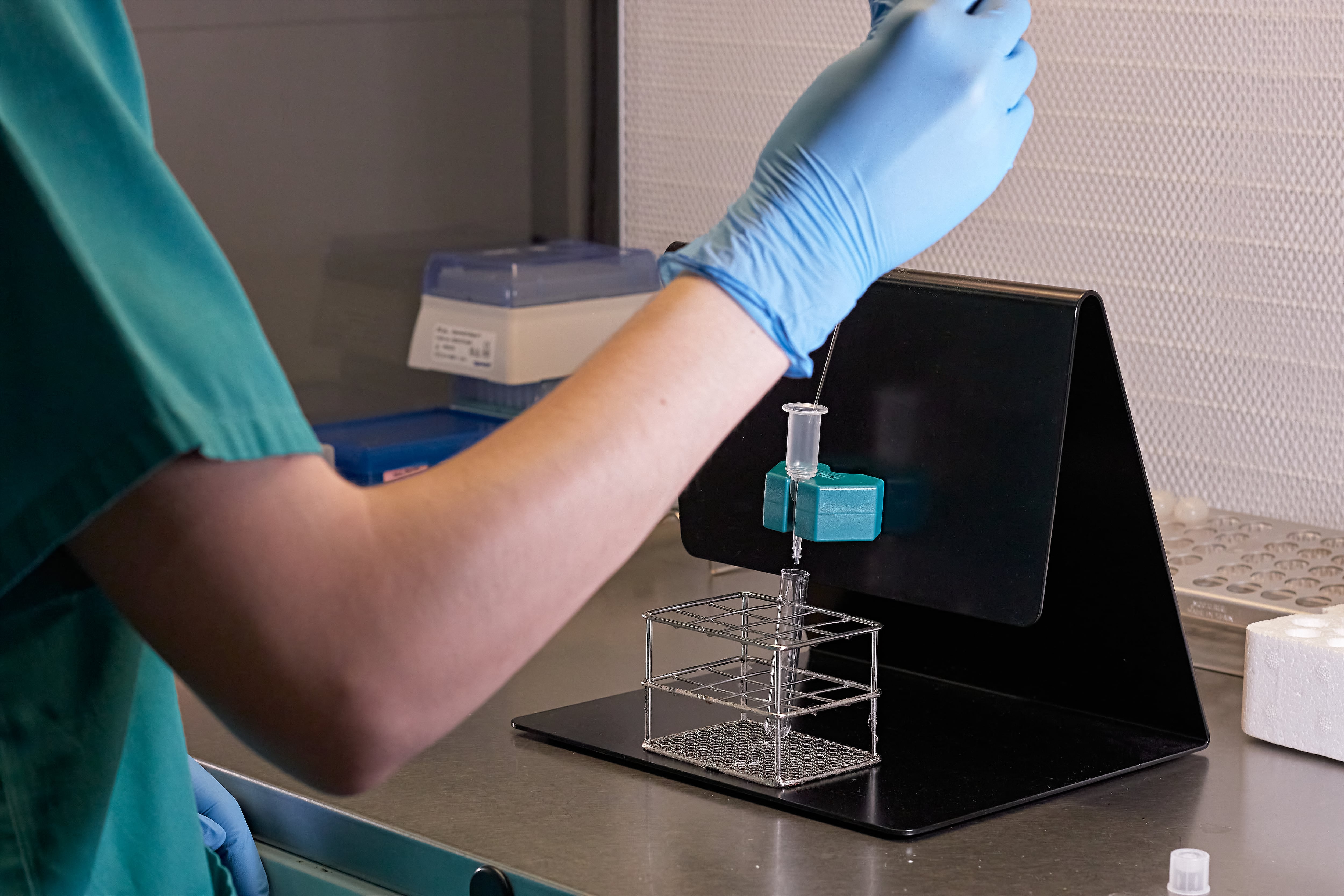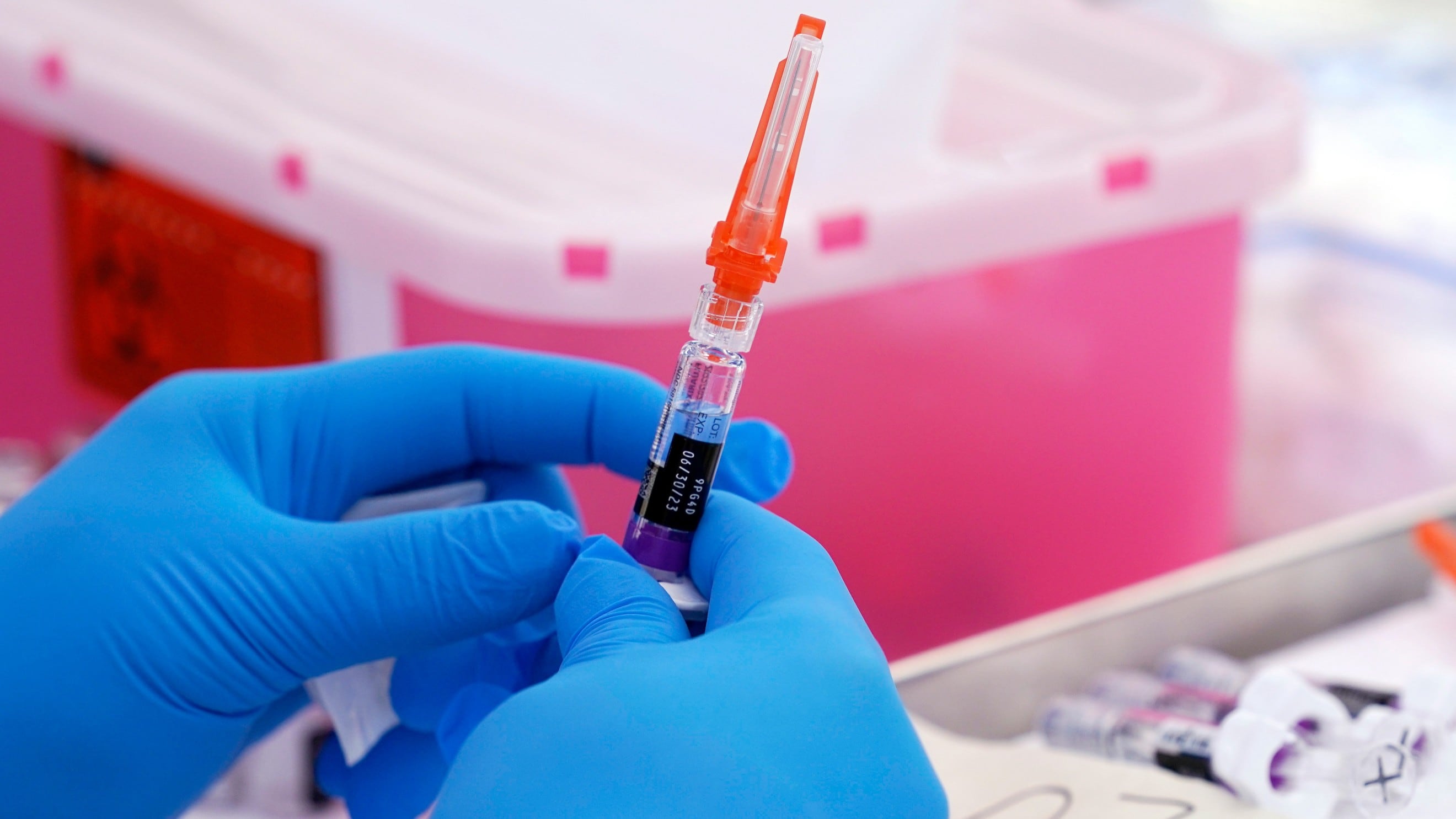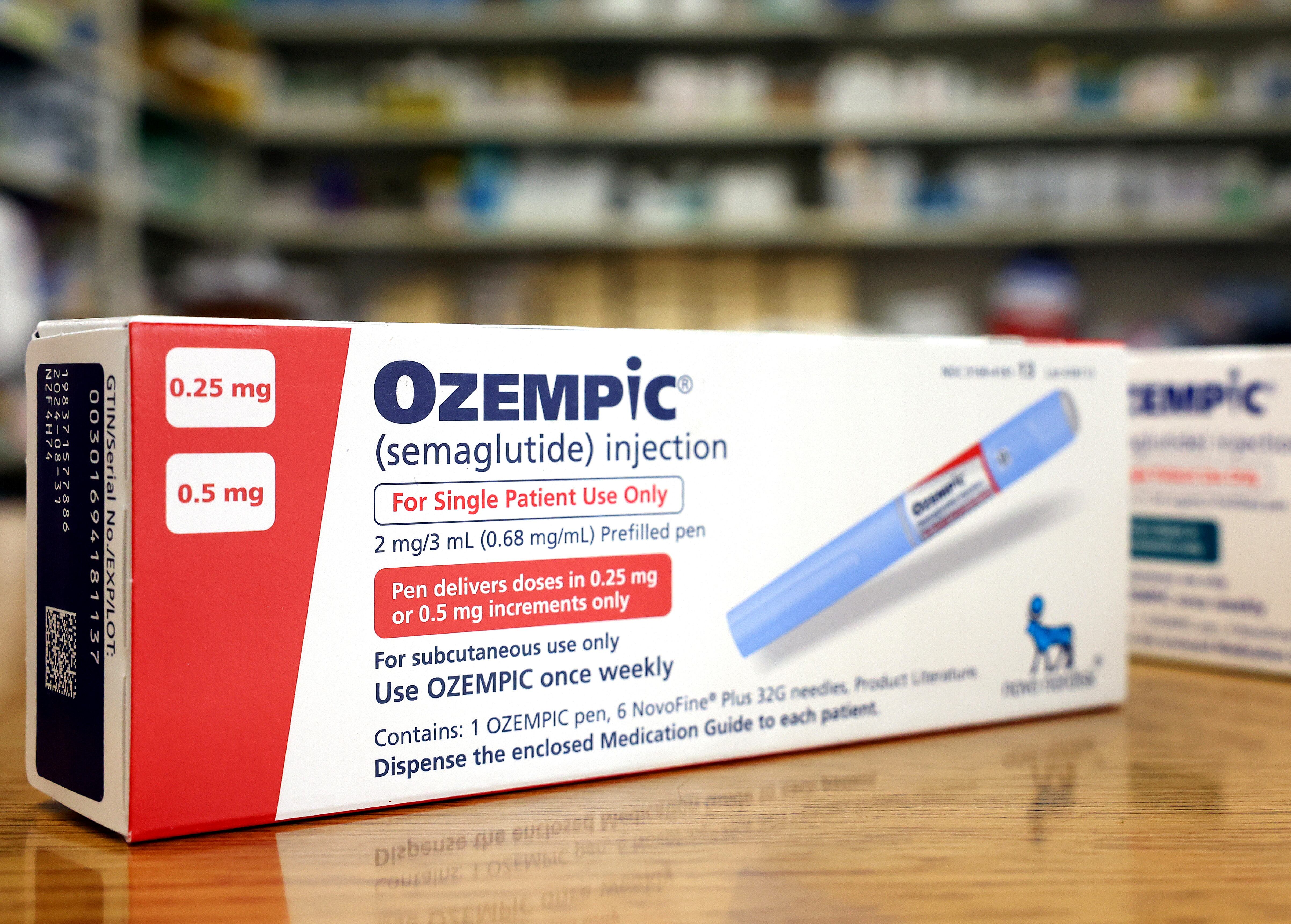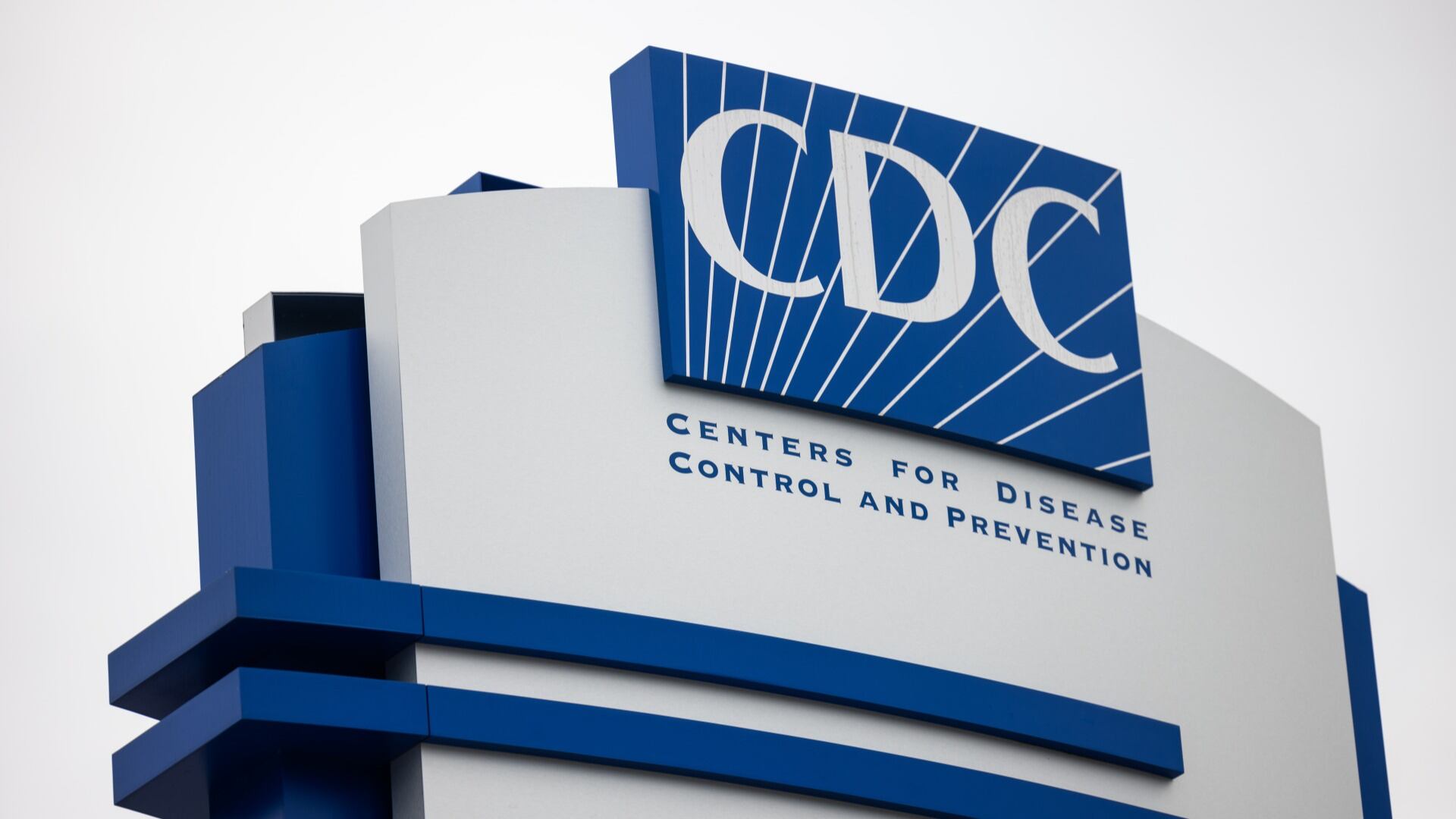Dina Fine Maron, Editor of Health & Medicine at Scientific American, joins Cheddar to discuss some of the biggest changes to science regulations we'll see in 2018. From food labels to nonaddictive cigarettes, people need to be aware of what might affect their everyday lives.
A revamped nutrition label was slated to debut in July of 2018, however the Trump administration is giving companies a longer window. Major companies now have until 2020 and smaller companies have until 2021. The new labels will have more detail on added sugar and calorie count. However, critics say the delay could be a major blow to the public's health.
Plus, the U.S. Food and Drug Administration aims to create a nonaddictive cigarette with lower nicotine levels. It hopes this will help smokers quit. However, the agency opened up the conversation to the public for input which will ellicit some strong views from the tobacco industry.
Eli Lilly launched Zepbound, the latest product to join the exploding market for weight loss medications.
A new storage drive is using DNA to store data for 100 and 50 years.
Rescuers searching the hazardous slopes of Indonesia’s Mount Marapi volcano found more bodies among the climbers caught by a surprise eruption two days ago, raising the number of confirmed and presumed dead to 23.
Flu is picking up steam while RSV lung infections that can hit kids and older people hard may be peaking, U.S. health officials said.
The maker of Ozempic is suing two pharmacies in Florida for allegedly selling impure versions of the popular weight loss and diabetes management drugs.
U.S. officials are urging consumers not to eat cantaloupe products including fruit cups due to a salmonella outbreak.
The 2023 United Nations Climate Change Conference known as COP28 kicked off in Dubai and major progress is already being made.
A 360-degree camera was sent into outer space and it collected some remarkable images of Earth.
A new study published in the journal Science observed chin strap penguins in Antarctica and found that they take thousands of small naps a day each lasting only about four seconds.
A new report reveals that Gen Z and millennial women face many serious issues when it comes to their health.












